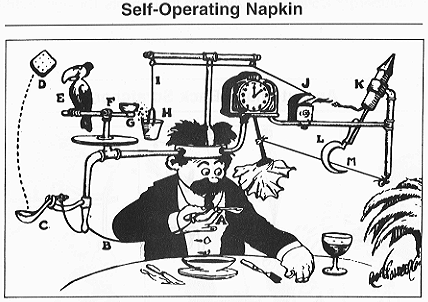"...Draw
a line, make it my mouth: I'll name
your country. I'm a Yes man at heart."
your country. I'm a Yes man at heart."
~from "The Sand Speaks" (I Was the Jukebox)
These lines are actually an oblique reference to my least favorite idiom, "drawing a line in the sand." I grew up unsure what it meant. I associated the phrase with the Battle of the Alamo, vaguely, but hadn't the Alamo fallen? I did not know the Biblical story (John 8:6), in which Jesus uses the gesture to halt the stoning of a woman.
So throughout my twenties, I argued with anyone who used the phrase to describe a situation with a hard boundary, or a scenario in which a course of action, once committed to, could not be reversed. I made my case in poetry workshop; at the office of the magazine where I worked; at home, talking to my then-boyfriend.
Why draw the line in sand? I always came back to this. Why not etch the line in stone? Why not concrete? The choice of medium was an endemic vulnerability, the literal promise of a decision's erosion. Sand gets blown away. Sand gets washed away. Sand slips through your fingers.
The last three weeks have drawn line after line: The failure to indict in Ferguson for the shooting of Michael Brown. The failure to indict in Staten Island for the choking of Eric Garner. A wave of horrific stories concerning sexual assault at UVA. Mark Strand has died. Marion Barry has died. Steve Cymrot has died. Claudia Emerson has died.
Amidst it all, an incredible gift as well: an NEA grant. A blessing of confidence in the poems, all of which will be in Count the Waves. A bulwark against debt.
These are days when everything feels utter. Like anyone, I move through many worlds as a poet, as an alumna, as a DC resident, as an American citizen. All halved in some way, Before and After. As frightened as I am by this feeling, what frightens me more is the notion that it will not last. Martyr, classmate, icon, mentor, friend. How long does it take for any one name to become a footnote?
I ask that with hesitation, not wanting a genuine unease to lapse into solipsism. "It ís the blight man was born for," Gerard Manley Hopkins writes. "It is Margaret you mourn for." Amidst the worries of these worlds, my feelings matter very little.
Still. The practical hours make their relentless march. Pages to proof. Chicken to be cooked. The students of DC need final grades on Friday, even though my poet-heart wants to trek four hours south to a memorial service. I am trying to be responsible. I am trying to burn the candle at one end only. Yet I am trying to change, and be changed, by all that is happening. I'm trying to end up with something more than a fistful of sand.
The last three weeks have drawn line after line: The failure to indict in Ferguson for the shooting of Michael Brown. The failure to indict in Staten Island for the choking of Eric Garner. A wave of horrific stories concerning sexual assault at UVA. Mark Strand has died. Marion Barry has died. Steve Cymrot has died. Claudia Emerson has died.
Amidst it all, an incredible gift as well: an NEA grant. A blessing of confidence in the poems, all of which will be in Count the Waves. A bulwark against debt.
These are days when everything feels utter. Like anyone, I move through many worlds as a poet, as an alumna, as a DC resident, as an American citizen. All halved in some way, Before and After. As frightened as I am by this feeling, what frightens me more is the notion that it will not last. Martyr, classmate, icon, mentor, friend. How long does it take for any one name to become a footnote?
I ask that with hesitation, not wanting a genuine unease to lapse into solipsism. "It ís the blight man was born for," Gerard Manley Hopkins writes. "It is Margaret you mourn for." Amidst the worries of these worlds, my feelings matter very little.
Still. The practical hours make their relentless march. Pages to proof. Chicken to be cooked. The students of DC need final grades on Friday, even though my poet-heart wants to trek four hours south to a memorial service. I am trying to be responsible. I am trying to burn the candle at one end only. Yet I am trying to change, and be changed, by all that is happening. I'm trying to end up with something more than a fistful of sand.
.jpg)



























